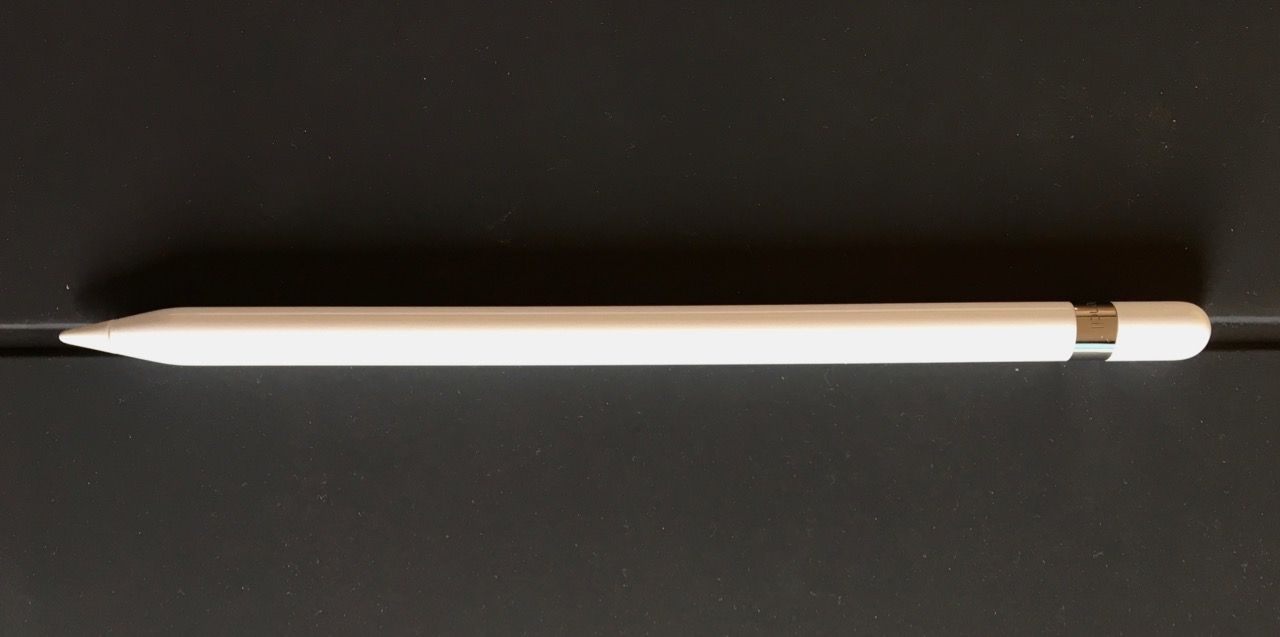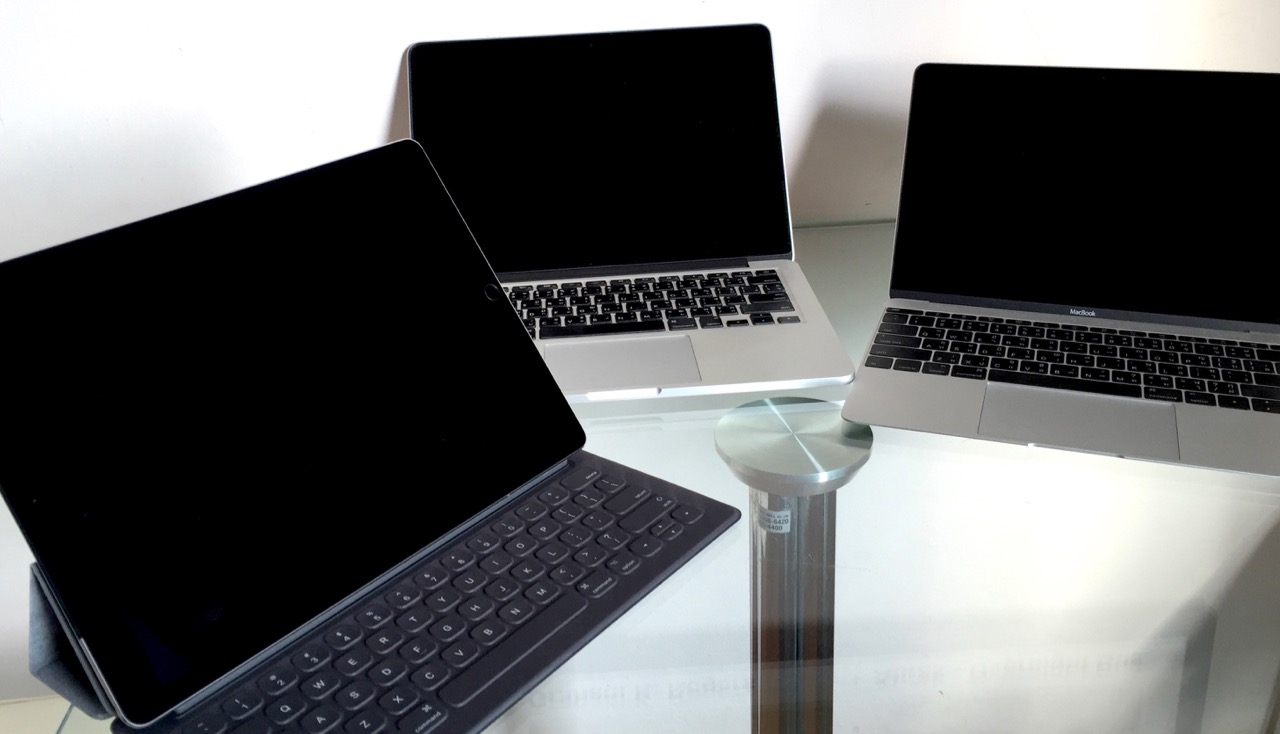Cassandra: Monday Review - Tax Echoes, OxFam Pot calling the Apple Kettle Black and Speculation Frenzy

eXtensions - Monday 5 September 2016
|
Cassandra: Monday Review - Tax Echoes, OxFam Pot calling the Apple Kettle Black and Speculation Frenzy |
 |
|
|
By Graham K. Rogers
It warns that "in tilting at Apple the commission is creating uncertainty among businesses" and suggests that in its crusade, the Commission has been shifting the goalposts. It adds that having made this change in its approach, it "then applied its new thinking to deals first struck 25 years ago." If such deals that Apple made legally with the Irish government can be undone by enthusiastic application of rules created later, what else may happen? Needless to say, Apple will appeal the ruling and the Irish government announced on Friday (after the Economist article was published) that it would also appeal. As the Economist writes, "Ireland itself is bridling at interference in affairs that are typically the province of EU member states".
This article puts the whole taxes, expenses ideas, including the importance of R&D to a company, in a far better context, noting that "Apple's tax structure is first a byproduct of the way the US tax system works". I have said this before, but the politicians are the ones who write the laws and hypocritically they are the ones who make the most noise when corporations make full (and legal) use of the laws created. This is tax avoidance, not evasion. Not everyone is happy with the fight that the Irish government is putting up, but in Cork, which is where Apple began its Irish ventures, most people there recognise the support and employment that Apple brought to the town (Hazel Pfeifer, CNN). They are also aware that this investment in the city has brought other corporations to the city, increasing the benefits. A protest took place in Dublin last week organised by those who oppose the appeal and want Apple to pay up. Buster Hein, writing for Cult of Mac (them again) highlighted what appears to be a small protest group of 6 on the steps of the ruling party's offices: "An apple a day keeps the tax man away" and ". . rotten to the core". All very original stuff, eh? The group later left apples on the steps and attached some to the railings. What a waste of fruit. The single comment (only 1 after 6 days) was itself interesting: "Even by Cult of Mac's standards this is poor. Any chance somebody - anybody - could proofread this stuff before it gets posted?" Nope.

Apple apparently had sales of $730 million but only paid $9 million tax. Ergo there is skullduggery afoot. What sounds like an almost hysterical director of OxFam there says this is "utterly unacceptable" adding "The schemes and deals that allow multinationals to minimise their tax, whilst legal, cannot be tolerated". The pot calling the kettle black? Put "Oxfam Fraud" into a Google search and see what comes up. Apart from directors that steal, there are allegations of ethics violations, fund misdirections (Andrew Bolt, Herald Sun), fraud in a flood-relief program, and others. That was just page one of the search. There were some other harsh comments from the lady, including "If people are to have trust in the tax system, all governments, including New Zealand, must act immediately to end tax dodging", but then, if people are to have trust in OxFam, we should ensure that all the funds are gathered legally and more than 50% ends up doing good, not creamed off for expenses, first class flights, high salaries and other dubious reasons. Be careful what you wish for.
Most are relying on a few fuzzy shots of boxes and components that might be from Chinese suppliers, along with comments from a few who are believed to have a good track record on Apple. Over the weekend, I looked at some of the videos from WWDC in June, particularly the one of camera features. At WWDC, although it was not announced during the Keynote, I saw that one of the technologies listed on a slide was RAW capabilities for the iPhone camera. This is a major step forward and, as the video I watched indicated, this needs new APIs and ways to handle input, as well as ways to handle and edit output. This will be available to all devices with the 12MP camera when they are updated to iOS 10, along with other features. Although many of the rumours suggest a twin camera (or twin lens) setup for certain iPhones - no one is sure if it is just for the Plus version - that is not seen as any form of advance, despite what such a setup could allow in terms of image quality and zoom capabilities. The A10 processor - nah. As if a chip that is fast enough to beat many notebook computers is nothing. Battery? Perhaps a small increase in capacity or life here. Apple tends to work in increments rather than risking new technology, such as the fast charging that seems to have Samsung in trouble at the moment. New colours? Not important. Whatever Apple produces is already deemed to bore the pants off the commentators.
But then, wait a few days until iFixit gets hold of one and strips it down; or a week or two until AnandTech has run several of its tests and put the processors under a microscope; or the number of orders that are made - not by those in the stores, but online, because that is where serious buyers shop these days.

Apple has often moved forward when others are holding on to older technology. We still have computers here with 3.5" floppy disks, which Apple introduced in 1984, when most were using the smaller capacity 5.25" disks. I still have some of these in my office (for illustration purposes). The in-computer modem that was a feature of the first iMacs: gone. Ethernet: gone. Optical disks: gone. When Apple does move forward, with USB, Thunderbolt, Lightning, USB-C, there is an outcry. And yet, within a year or less, the noise has died down and other manufacturers have followed suit. So it will be with the 3.5mm port, if this happens. One report I saw suggested that there was an adapter already in the box (AppleInsider), which (if true) would stifle some of the outcry, although someone is bound to produce data that shows use of the adapter reduces audio output quality. There will not be any widely publicised report that shows audio output from Lightning or wireless-connected headphones (the two favourite candidates) is the same or better, of course. That AppleInsider report also suggests a new top level iPhone with storage of 256GB which is sensible with some of the changes coming to iCloud. Me? I don't know, but if we are using digital music, wouldn't digital output to the headphones be better via a Lightning port? And let's also not kid ourselves that the iPhone or other iOS devices can produce hi-fidelity output. We may be able to hear a reasonable sound from the device, but I would bet that most only use MP3. Apple Lossless is not too bad and I convert most of my music to that format; but the best is FLAC and that needs some careful handling with the iPhone. I found the app Music Converter on the MacApp Store to do conversions.

There could be one more surprise, Ben Lovejoy writes on 9to5Mac. In an interview earlier in the year, Tim Cook was reported as saying, "If you've ever seen what can be created with that pencil on an iPad or an iPhone, it's really unbelievable. . ." (my italics). On the iPhone, eh? I let one of my students try the Apple Pencil on an iPad Pro in class last term as he was dismissive initially. It only took this confirmed Android user 5 minutes to change his tune when he started drawing in an app I opened. Imagine if that could be made available for the iPhone, even with screen limitations.
Also changed, apparently, are favourites suggestions in the music selections for users. At the weekend Apple started pushing out some changes in the recommendations to users with beta versions of iOS 10, and this is expected to be rolled out universally next week; or when iOS 10 hits the streets. I am going with next Friday.
Some of this is already available with iWork apps (Keynote, Numbers, Pages) and I have been finding this really useful. It doesn't matter which device I take with me, or where I am. The new feature synchronises in such a way that the most-used documents are available on the Mac without the need for any download, but those that are less-often used will be removed (apart from a reference file, I guess). That means that they are still available with a slight delay; but that space is saved on the Mac. As SSD becomes more widely used, that will be a help. With Photos offering synchronisation too - my pictures appear on all my devices, including the Apple TV - the end result is bound to be more use of iCloud storage by more people. It was not a surprise really that Apple increased the maximum to 2TB for a hefty fee. All adding quietly to the income of course.

And then there are the Macs. Or rather, so far, there are no Macs. Rumours have had almost nothing on what, or when, so I was pleased to see an item by Mike Wuerthele on AppleInsider concerning the overdue Kaby Lake processors from Intel. It looks like some of these may now be available for computer manufacturers and this could mean a MacBook Pro update. This is another DigiTimes report, so take it with some caution, although the information does seem to have some substance.
Graham K. Rogers teaches at the Faculty of Engineering, Mahidol University in Thailand. He wrote in the Bangkok Post, Database supplement on IT subjects. For the last seven years of Database he wrote a column on Apple and Macs. He is now continuing that in the Bangkok Post supplement, Life. He can be followed on Twitter (@extensions_th) |
|

For further information, e-mail to
Back to
eXtensions
Back to
Home Page